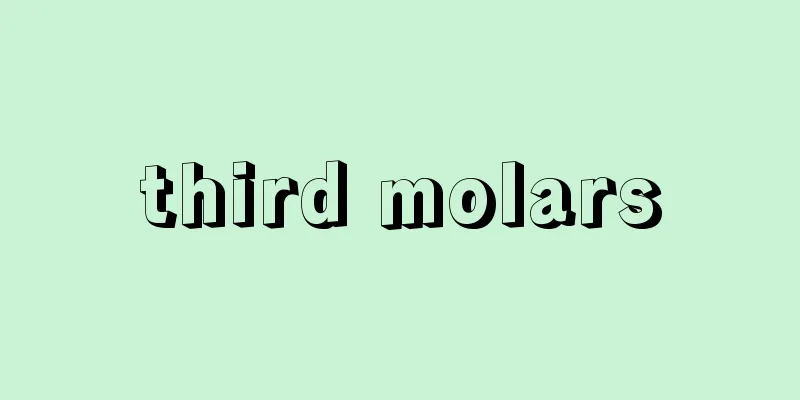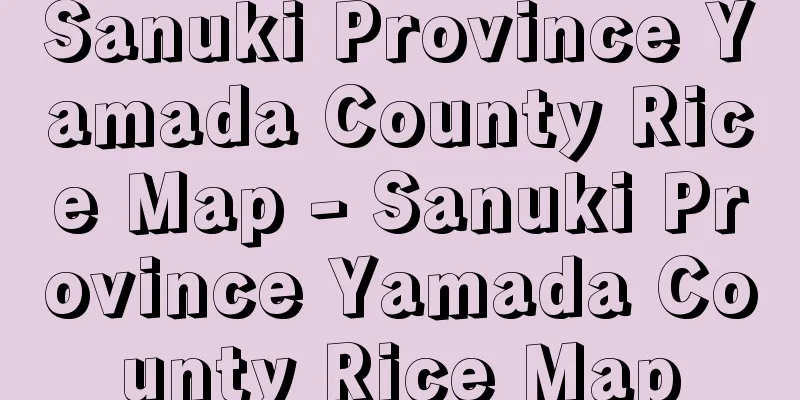Princep

|
1799‐1840 A British man who made great contributions to the study of ancient India. He came to India as a colonial official and worked at the mints in Varanasi (Benares) and Calcutta from 1819 to 1838. In addition to his work, he was also involved in the study of ancient India and served as secretary of the Asiatic Society of Bengal. In 1837, he succeeded in deciphering the inscription on the Ashoka Pillar using the inscriptions on ancient coins as a clue. [Yamazaki Genichi] Source: Heibonsha World Encyclopedia, 2nd Edition Information |
|
1799‐1840 インド古代研究に業績をあげたイギリス人。植民地官吏としてインドに渡り,1819年から38年にかけワーラーナシー(ベナレス)とカルカッタの造幣局に勤務。職務のかたわらインド古代研究に従事し,またベンガル・アジア協会の幹事を務める。1837年,古代貨幣の銘文を手がかりにアショーカ王石柱の碑文の解読に成功した。【山崎 元一】 出典 株式会社平凡社世界大百科事典 第2版について 情報 |
<<: Vrindāvan (English spelling)
Recommend
Second - biyou (English spelling) second
(1) A unit of angle. Its symbol is ". It is 1...
Malik (angel) (English spelling)
…The Qur'an makes direct and indirect referen...
Coast Koryak - Kaigan Koryak
…They speak the Koryak language, and most of them...
Domovoi
Other examples of deification of historical figur...
Kirihakomachigoke - Kirihakomachigoke
...The name Komachigoke comes from the beautiful ...
Maritime Policy
It refers to the policies that a nation implements...
Eboshigi - Eboshigi
〘Noun〙 (From the fact that boys wear small eboshi ...
Gold-dusted copper
...Amalgam is made by mixing gold or silver with ...
Coupon - Kinken
A certificate that substitutes for currency. Ther...
Achromat - Achromat
Please see the "Achromatic Lenses" page...
Mitatee - Mitatee
A witty painting that depicts a well-known classi...
Pechiney SA
A French non-ferrous metals company. It is the wor...
Tree, Sir Herbert (Draper) Beerbohm
Born: 17 December 1853, London [Died] July 2, 1917...
Acadia (English spelling)
A name for the area around the present-day Canadia...
Mougeotia
…The body is made up of a row of thin, tubular ce...









